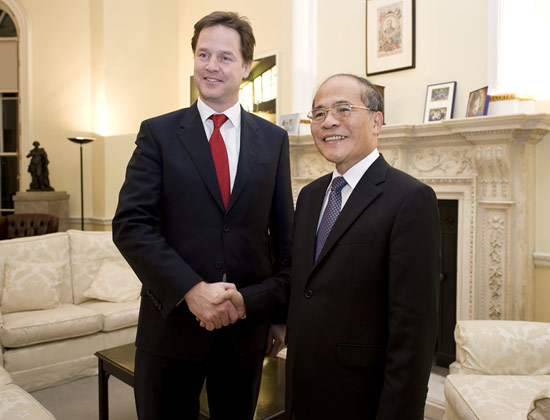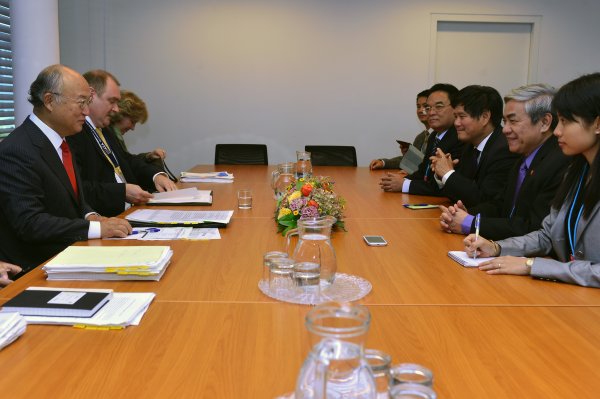Decision Making
Cultural Context
Politeness and modesty are key values in Vietnamese behavior. However, an appreciation for courtesy, when combined with reverence for hierarchy and plenty of bureaucratic red tape, makes for slow decision making. Vietnam is a collectivist society, and ideas need to be perceived as beneficial for the entire group for them to be accepted. Openness to risk and change is not a great strength or priority in Vietnam, unlike protecting reputations and dignity.
Vietnamese professionals try to avoid direct confrontation during discussions, and will often talk around a sensitive subject. Demanding clarifications regarding a problem may only increase the fog. Investigate troublesome topics in private conversations so that your counterparts will not be in public view. Respect for privacy and a sensitive approach will help prevent the loss of face for them and you.
Power Structures
Cross-cultural communication is more likely to be successful for visitors who understand that the hierarchical structure of Vietnamese organizations often derives from Confucianism, a philosophy that emphasizes social order. Everyone is seen as having a distinct place and role within the hierarchical structure, be it the family or workplace, and persons with authority—whether by age, education, job position, or gender—garner more respect. For example, in a business meeting, the oldest or most senior person will enter or be greeted first.
Therefore, ideas are often generated at the top, and decisions are announced from the top. Vietnamese employees generally assume that a superior or manager will have experience and good leadership skills. In turn, managers may demonstrate a somewhat paternalistic attitude toward their employees. Also, bosses sometimes purposely delay announcing their decisions just to demonstrate their power to do so.
However, a more democratic method of reaching decisions, whereby the boss solicits opinions and answers questions from staff, is becoming more acceptable in Vietnam.
Key Contacts
One aspect of Vietnamese business is that the people that visitors believe are top managers may not have the authority to make decisions at all. This may prove particularly true in government-run or government-affiliated firms. Of course, if you are truly confident in your understanding of who the decision makers are, then you've found your key contacts—but keep in mind that in this collectivist culture, it's in your interest to offer respectful treatment to every member of the group. In most cases, though, without clear understanding of who will make the final call, visitors from foreign firms should make sure they speak with everyone who has any power over the outcome of the deal.
Communicating Styles
Business relationships are first based upon personal interactions. Therefore, first meetings tend to revolve around getting to know one another. Allow your Vietnamese counterpart to take the lead in raising the subject of business.
Be prepared for indirect conversation. The Vietnamese tend to shy away from direct confrontation, so important questions or potentially problematic issues are often raised in a gentler, more circuitous manner. A famous Vietnamese proverb loosely translates to "Bend your tongue seven times before you speak," or, put even more loosely, to "Think twice before you speak." Approach sticky subjects with this proverb in mind—perhaps over a cup of tea, and definitely not in public.
Implementing Agreements
Commercial law is limited in Vietnam. Also, be sure you trust your translator: only the Vietnamese version of the agreement is legally binding. In terms of agreement style, your Vietnamese counterparts may prefer a general agreement to a detailed contract. Therefore, if you would prefer a more detailed agreement, you may have to work for it. The effort could be worth it: the more specific the agreement, the easier it will be to enforce if push comes to shove. Hopefully, however, your strong relationships with your counterparts will keep things moving smoothly throughout your transaction together.
Article written for World Trade Press by A. Cotham.
Copyright © 1993–2025 World Trade Press. All rights reserved.

 Vietnam
Vietnam 




